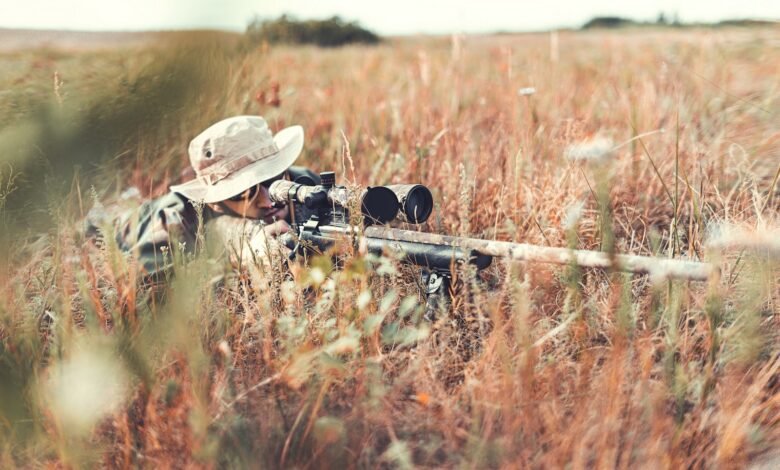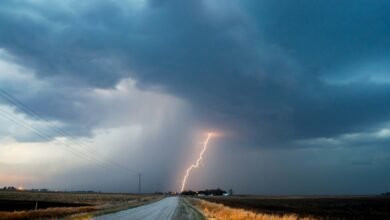
Pakistan is home to diverse landscapes, from lush mountains to expansive deserts, making it an ideal location for various hunting opportunities. The country boasts a rich variety of wildlife, some of which are legally available for hunting under regulated conditions. For tourists and hunting enthusiasts, Pakistan offers unique experiences, from hunting high-altitude game in the north to bird hunting in the southern plains.
In this post, we will explore the main hunting areas in Pakistan, types of game available, and the process for tourists to engage in hunting activities.
Main Hunting Areas in Pakistan
1. Gilgit-Baltistan
Known for its mountainous terrain, Gilgit-Baltistan is famous for trophy hunting. Several species of wild goats and sheep, including the markhor (Pakistan’s national animal), are sought after by hunters. This region is renowned worldwide for sustainable trophy hunting programs, which help conserve endangered species while supporting local communities.
Key Species: Markhor, Himalayan ibex, blue sheep, urial, snow leopard (protected).
Hunting Season: Trophy hunting generally takes place from November to March.
2. Balochistan
Balochistan’s dry, rugged terrain provides the perfect environment for a variety of game species. This province is especially known for Sindh ibex and urial hunting. Additionally, chukar partridge and sandgrouse attract many bird hunters.
Key Species: Sindh ibex, urial, chukar partridge, hare, quail.
Hunting Season: October to March.
3. Khyber Pakhtunkhwa
The mountainous regions of Khyber Pakhtunkhwa (KPK) are known for big game hunting. Similar to Gilgit-Baltistan, this area offers opportunities for trophy hunting of markhor, urial, and Himalayan ibex. Many of the game species here are hunted as part of regulated conservation programs.
Key Species: Markhor, Himalayan ibex, snow partridge, pheasant.
Hunting Season: November to February.
4. Sindh
Sindh’s southern plains and riverine forests are excellent for bird hunting, particularly waterfowl and partridge. The Indus River Delta region offers abundant opportunities for hunting migratory birds. Additionally, the blackbuck and hog deer are popular in some areas of Sindh, although the blackbuck is now protected.
Key Species: Partridge, waterfowl, wild boar, hog deer.
Hunting Season: November to February.
5. Punjab
Punjab is known for its wetlands and plains, providing ideal hunting grounds for small game and birds. The Cholistan Desert is popular for game like the chinkara gazelle, while the province’s numerous lakes attract migratory waterfowl.
Key Species: Chinkara, blackbuck (protected), partridge, quail, waterfowl.
Hunting Season: October to February.
How Tourists Can Hunt in Pakistan
Tourists interested in hunting in Pakistan must follow specific procedures and guidelines to ensure legal and ethical hunting. The government, in collaboration with local communities and conservation agencies, has established regulated hunting zones to protect wildlife while promoting sustainable tourism.
1. Trophy Hunting Programs
For large game like the markhor and ibex, Pakistan has an internationally recognized trophy hunting program. This system ensures that hunting is conducted sustainably, with funds generated being used for conservation efforts and the welfare of local communities.
How to Participate:
Trophy hunting permits are auctioned annually by provincial wildlife departments.
International hunters must apply for permits through recognized outfitters or hunting guides who facilitate the process.
The process is tightly controlled, with quotas set for each species to prevent overhunting.
2. Licensing and Permits
All hunters, including tourists, need a valid hunting license from the respective provincial wildlife department. Each province has its own regulations regarding the type of game that can be hunted and the number of animals allowed per season.
Key Documents:
- Passport and visa.
- Valid hunting license and permits for the species to be hunted.
- Proof of legal weapon ownership or rental arrangements through registered outfitters.
3. Required Equipment
Tourists are generally expected to bring their own hunting gear, including rifles and optics, but these must be declared at customs. Alternatively, tourists can rent hunting equipment through licensed outfitters in Pakistan.
4. Local Hunting Guides and Outfitters
Tourists are required to work with licensed local guides or outfitters to ensure they comply with Pakistan’s hunting laws. These guides can arrange hunting permits, equipment, transportation, and accommodation in the hunting areas. They are also responsible for educating tourists on local customs and conservation efforts.
Benefits of Using a Guide:
- Ensures compliance with local laws.
- Provides expertise on the best hunting areas and species.
- Arranges the necessary logistics, such as accommodation, permits, and weapon rentals.
5. Conservation Fees
A portion of the fees paid for trophy hunting permits is allocated toward conservation efforts. This includes habitat preservation, anti-poaching initiatives, and the development of local communities. This system has been credited with helping conserve endangered species like the markhor and ibex.
Hunting Regulations and Ethics
Pakistan enforces strict hunting regulations to protect its wildlife. The following practices are illegal and can result in severe penalties:
Hunting Protected Species: Certain species, like the snow leopard, blackbuck, and Indus dolphin, are fully protected under Pakistani law.
Hunting Without a Permit: All hunting activities require a valid permit, and hunting outside designated areas or seasons is prohibited.
Overhunting: Tourists must follow the bag limits specified by their permits and avoid overhunting to preserve wildlife populations.
Conservation and Ethical Hunting
Ethical hunting practices are encouraged to ensure wildlife is not over-exploited. Hunters are advised to:
Follow Quotas: Stick to the specified number of animals allowed by the hunting permit.
Avoid Poaching: Engaging in or supporting illegal poaching is strictly forbidden.
Respect Local Communities: Many hunting areas are located near local communities, and it is essential to respect their traditions and land.
Conclusion
Pakistan offers a range of unique hunting opportunities for tourists, from high-altitude trophy hunting to bird hunting in the wetlands. By following the country’s regulated hunting programs, tourists can enjoy an unforgettable experience while contributing to conservation efforts. However, it is essential to comply with all legal requirements, work with licensed outfitters, and respect local wildlife to ensure a responsible and sustainable hunting experience.



